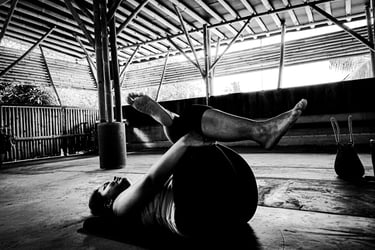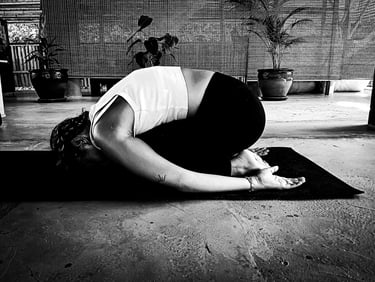Yoga and Immune Health
Yoga fosters immune resilience through several key pathways. Firstly, it reduces chronic stress, which is known to suppress immune function. Gentle movement, mindful breathing, and meditation help lower cortisol levels, allowing immune cells to operate more effectively. Yoga also stimulates the lymphatic system, which relies on movement to circulate immune cells and clear waste from the body. Twists, inversions, and reclined poses gently enhance this process.
Regular practice has also been linked to reduced inflammation, improved sleep quality, and better nervous system balance—all of which are essential for maintaining immune health. Specific breathing techniques, such as Nadi Shodhana (Alternate Nostril Breathing) help support respiratory function and calm the nervous system.
Supporting Recovery and Resilience
Many are turning to natural practices to support immune health. While yoga is widely known for enhancing flexibility and reducing stress, emerging research highlights its broader impact—particularly its ability to support the immune system and aid recovery from illness.
Importantly, yoga can play a supportive role during recovery from bacterial infections. While it does not treat infections directly—that’s the job of antibiotics—it helps the body heal more efficiently by improving circulation, reducing stress-related immune suppression, and easing symptoms like fatigue or muscle aches.
While yoga is not a substitute for medical treatment, it offers a safe and effective way to enhance recovery and build long-term immune resilience.




More Insights
